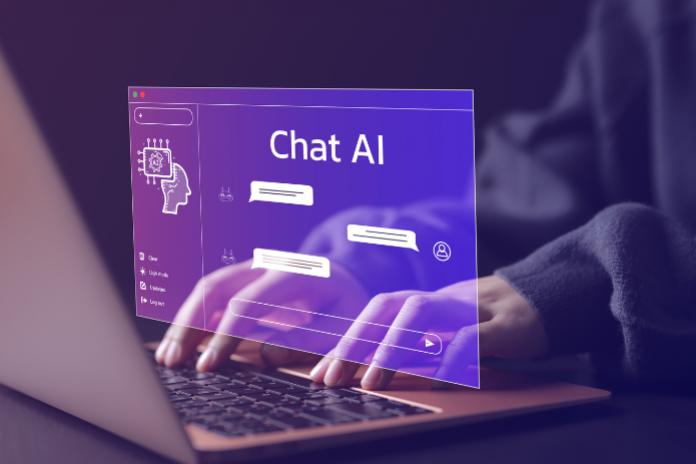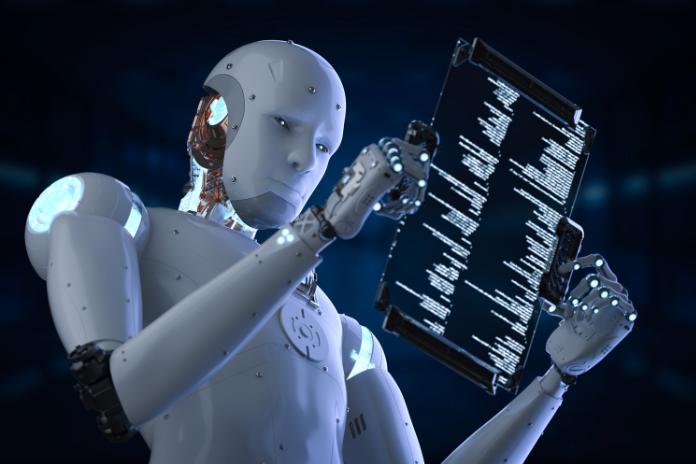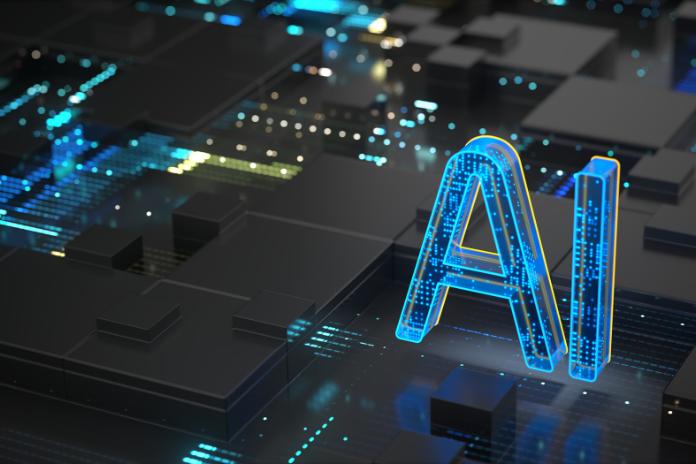

Unless you’ve been living under a rock for the last year, you’ve most likely encountered the concept of a ‘GPT’ at some point online.
(And even if you have been under a rock, you’ve still probably messed around with ChatGPT or used GPT-4 to practise French on Duolingo.)
But what is a GPT, exactly? And why has this tech become so popular?
GPT stands for Generative Pre-trained Transformer, and it’s essentially a highly advanced language model that allows AI platforms to generate text and complete tasks. The easiest example here is ChatGPT - when you use the website to draft a blog post or source information, it uses a thoroughly trained GPT model to analyse existing content and produce text responses.
(There are tons of other potential applications for GPTs, but we’ll come to those shortly!)
However, while GPTs have already shown amazing potential, we’re already reaching the next pivotal stage of the AI revolution - the launch of the ‘GPT Store’ by OpenAI.
In simple terms, GPT technology is now becoming infinitely more accessible.
The GPT Store will allow anyone to build, sell, and buy their own custom chatbots. In fact, this is such big news that it’s being compared to the impact the App Store had on the app market. While this update is potentially flying under the radar for many people, it could be a defining milestone for the entire AI industry, with huge implications for businesses, entrepreneurs, and developers.
But why is the launch of the GPT Store such a big deal? And how will it affect the future of development? Let’s take a closer look at this news, and explore how the next chapter of the AI revolution may unfold.
The rapid rise of GPTs in the AI world
Before we dig a bit deeper into the potential repercussions of the GPT Store, let’s take a quick look at why GPTs are exploding in popularity.
As we’ve already mentioned, Generative Pre-trained Transformers are generally used to create human-sounding text and high-quality images by processing vast amounts of existing content.
But this technology is also incredibly versatile, and GPTs aren’t just limited to call-and-response style chatbots. Below are just a few examples of different tasks that GPT platforms can tackle:
- Delivering 100% automated customer service responses
- Conducting in-depth market research/data analysis
- Creating blog posts, emails, reports, graphic designs, and presentations
- Generating massive amounts of computer code at speed
- Providing tailored product recommendations for customers
By now, you’re probably realising why so many people are keen to explore GPT technology - and more importantly, why the launch of an accessible GPT Store is making such big waves in the industry.

How the GPT Store could democratise AI development
GPTs are extremely powerful language models, and the launch of the GPT Store by OpenAI is essentially making this technology more accessible than ever.
We’ve already mentioned comparisons with the launch of the App Store, and this is probably the easiest way to understand the impact of this release.
The App Store effectively created a hub for every type of mobile app imaginable. Anyone could build, launch, monetise, and purchase their own applications - and this is exactly what the GPT Store represents for GPTs.
Even now, there are more than 3m custom versions of ChatGPT available online, from language translators to chatbot plugins and content generators - and this number is only going to increase.
This begs the question - could every business find themselves using a GPT in the future?
The launch of the GPT Store has democratised AI development. Developers can now create and sell their own solutions at scale, and small businesses can find (or request) GPTs that fit their unique needs. Rather than having to find a freelancer for certain roles, a start-up may now opt to work with a developer to build a custom GPT instead.
While this industry is far too dynamic and volatile to make any solid predictions, the release of the GPT Store is undoubtedly a landmark moment.

How will the rise of GPTs impact the economy?
GPTs offer a mind-blowing number of applications for businesses. Unsurprisingly, this also means they’ll have a major impact on the job market, economy, and commercial landscape.
For example, the AI revolution will likely create many job opportunities, and even carve out new roles that didn’t previously exist. We’re already seeing an increase in the need for GPT model trainers and prompt engineers, and as the technology becomes more advanced, there’ll be a growing need for experts who can unlock its full potential.
However, there’s an even bigger trend to watch beyond the creation of individual jobs.
Easy access to high-performing GPTs may fuel the growth of the entire small business sector. In theory, growing companies will now have full autonomy over GPT tools and can commission their own customised solutions.
This means that businesses can plug certain skill gaps with bespoke GPTs, allowing them to drastically improve cost-efficiency and accelerate growth. For instance, a company could feasibly handle customer service primarily through GPTs, which would have a massive effect on time, cost, and resource management.
At Harmonic, we’re particularly excited to see how platforms like the GPT Store will empower and elevate growing businesses.
It may become easier than ever for entrepreneurs to bring new ideas to life, but they’ll also need expert support from developers and engineers who can deliver effective GPT solutions.

What are the key challenges surrounding the GPT revolution?
GPTs are tremendously exciting, but as they grow in popularity and accessibility, they’ll also pose some complex challenges.
One major area of concern is job losses.
While we’ve mentioned that the mass adoption of GPTs could lead to the creation of new roles, it could simultaneously wipe out opportunities for other professionals. Writers, designers, coders, and many others may find themselves competing for work with GPTs - and struggling to match the cost-efficiency of these platforms.
There are also ever-present ethical considerations associated with artificial intelligence. While GPTs are incredibly useful, they’re not fully independent - they need to be built by humans, and trained on content produced by humans. As we all know, humans are often biased, misinformed, and inaccurate, which could have a knock-on effect on GPTs.
Copyright is another topic which is proving to be a minefield for developers, studios, and regulators. Is it right that GPTs may be trained on content without compensation for the original author? Are there privacy breaches involved in the learning process? And can businesses truly ‘own’ content that’s been generated through GPTs?
Finally, the emergence of the GPT Store is sparking important questions around monetisation.
The GPT Store could usher in the next stage of the AI revolution - but only if it incentivises developers and attracts customers. While the App Store is a solid comparison, that platform became successful for two important reasons:
- There were plenty of free apps that made revenue through ads/micro-transactions
- It was accessible to anyone with an iPhone
The GPT Store is currently only available to paid ChatGPT subscribers, which immediately limits the audience. On top of this, OpenAI hasn’t finalised its revenue-sharing model - and if the store isn’t profitable for developers, they aren’t likely to pour time and effort into it. The future of the platform hinges on monetisation, and this will dictate just how transformative it becomes.
There’s no question that the launch of the GPT Store represents a crucial turning point for the AI industry.
If GPTs truly enter the business mainstream, it could lead to a huge number of exciting outcomes. Developers can take GPT creation into their own hands, businesses can tap into powerful AI solutions, and a whole new job market can emerge.
On the other hand, there are many reasons why the store may fail to live up to expectations. While government policy is still playing catch up, regulations could easily impact the usefulness of GPTs. Small businesses might struggle to adopt the technology, or ethical concerns may slow uptake.
Whatever the result may be, we can’t wait to see how developers and small businesses will embrace, utilise, and evolve GPT technology!
If your company lies within the Tech or AI space and you’re keen to build out your finance team, don’t hesitate to get in touch with Dan ([email protected]) for expert support.